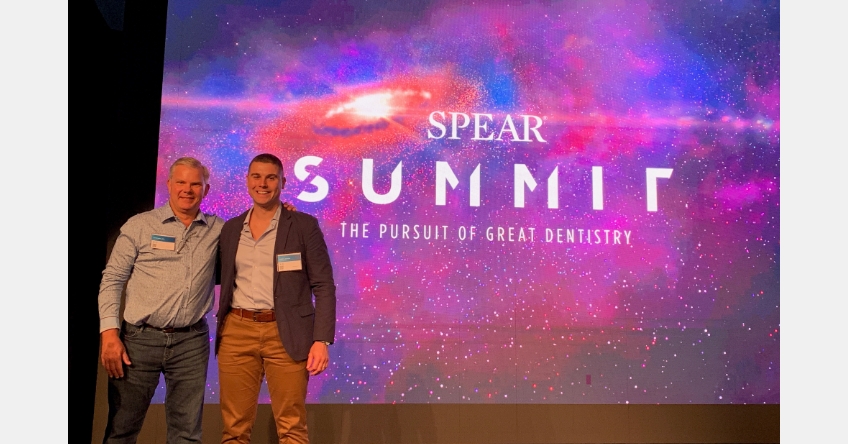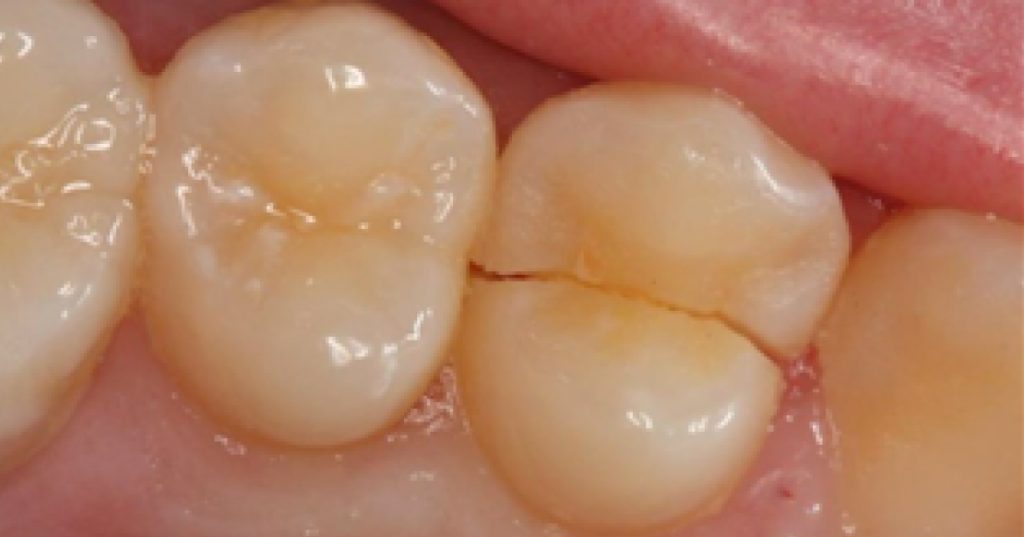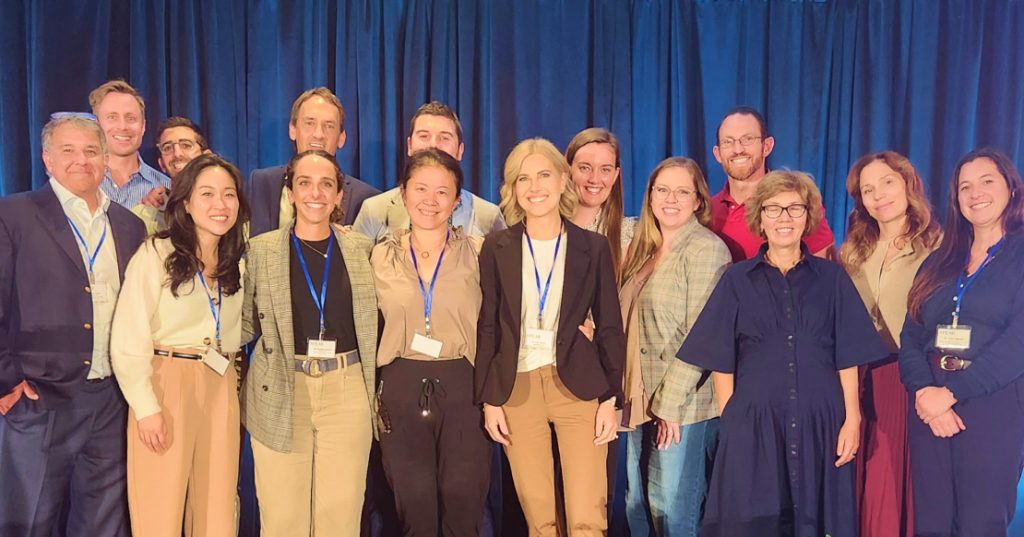How To Find (and Get) the Right Job As a New Dentist
For new dentists, finding any practice opportunity can seem like a daunting task; finding the practice that’s an ideal fit can seem impossible. However, finding the right practice is much easier if you know where and how you want to practice and when you have the tools to set yourself apart from other candidates.
I have personal experience looking for the right job as a new dentist and know firsthand what helps new doctors land the right job early on. When looking for a job as a new dentist or recent dental school graduate, consider the following.
Location, location, location
One of the first things to consider is where you want to practice. When making this choice, it’s important to look not only at the region you want to practice but also the size of the town or city you want to be in. Urban, suburban, and rural areas all have opportunities for new dentists; each of these settings has its advantages and there’s no right answer for where to be.
On my journey, I had the opportunity to practice in Washington state and in Virginia. Both were great areas, but I was still drawn to New England and was fortunate to find a practice in a smaller city in New Hampshire. This practice was the perfect location for my family and for the style of practice I wanted to pursue.
Identify your preferred type of office
What kind of dentistry do you want to practice? There are multiple options available to new graduates, so consider this question carefully.
- Are you interested in a large, fast-paced office with lots of patients?
- Do you have an interest in helping the community in a public health clinic?
- Or is a smaller private practice setting more your speed?
It’s also important to keep in mind your long-term goals for your career. Do you want to be an associate who works for other dentists, or would you rather be a practice owner? Would you like to establish a solo practice office, or does a group practice setting sound more appealing?
Having an idea of what you envision for the trajectory of your career helps to narrow down what kind of practice to pursue. The question is finding what style of practice is the best fit for you in the short, and potentially the long, term.
Spending a few days shadowing in the office you’re considering can be especially helpful in determining if this is the right practice environment for you.
Personalize your résumé
Having a résumé is essential when searching for a new position. The key thing to consider when writing your résumé is how it differentiates you from other candidates pursuing the same position.
Your résumé should highlight some of your academic successes but shouldn’t solely focus on how well you did in dental school. Highlighting previous work experiences and activities that help you stand out, such as sports and clubs, tend to have a greater impact on employers than merely mentioning academic honors and achievements.
When I interviewed for my current office, we initially talked about dentistry and my experience with certain techniques and procedures. However, the conversation quickly shifted to some of the more unique aspects that I listed on my résumé — playing baseball at Trinity College, where we won the national championship my freshman year, leading bike tour camping trips for teenagers across California and Maine, and the home brewing club that my friends and I started while in dental school.

Having unique, intriguing talking points on your résumé can go a long way in differentiating yourself.
Network to find the hidden gems
Although a résumé is important, networking can be even more beneficial for finding the right position. Local dental societies, dental study clubs, and continuing education events are great ways to meet people in the dental field and interact with dentists from different backgrounds.
In my experience, many potential associateships and partnerships are not advertised — instead, they’re found by word-of-mouth through other dentists who know of someone looking for an associate, looking to sell their practice, or looking to retire.
In my case, the associateship that I joined upon leaving the U.S. Army was never listed; I found it by connecting with another Spear dentist who offered me the opportunity to join his practice.
It’s never too early to start networking in hopes of finding a position that’s right for you. I started my journey in 2017, knowing I’d be looking to join a practice in 2020. Keep in contact with those you network with — opportunities are always around, it’s just a matter of finding them.
Find a mentor
Once you find your new position, how do you make sure you thrive and avoid burnout? Managing the aspects of clinical patient care, leading a team of staff members, and running the business operations can often seem daunting and overwhelming.
One thing that’s helped me along the way has been working with mentors. Many of the dentists I’ve met through Spear Education have been more than willing to mentor younger dentists by showing them the ropes of clinical dentistry and practice management.
Additionally, most of the mentors I have are excited to talk about their journey and help new dentists avoid the mistakes they’ve made in the past. They have knowledge of the intangible things that can truly help you thrive in your new practice!
Never stop growing

Stagnation can lead to burnout. When you start to feel like you’re on a hamster wheel, with every day like a repetitive sprint without going anywhere, dentistry becomes an unsatisfying profession. Finding things outside the office to help keep you motivated and engaged in dentistry can help you grow as a clinician and prevent the stagnation and burnout that many dentists experience.
Becoming involved in the community as a local dental liaison, pursuing continuing education courses, and keeping up to date with the newest trends and dental technology will help to grow your skills and interest in dentistry, allow you to grow your practice, and fend off burnout and stagnation in the process.
Final thoughts
There are many different options to consider for new dentists who are beginning their careers. Determining where and how you want to practice, establishing a unique résumé, and networking with other dentists will help you find and get the right position for you.
Finding a mentor and continuing to grow through continuing education will help to keep that position interesting and make dentistry an enjoyable, fun career!
FOUNDATIONS MEMBERSHIP
New Dentist?
This Program Is Just for You!
Spear’s Foundations membership is specifically for dentists in their first 0–5 years of practice. For less than you charge for one crown, get a full year of training that applies to your daily work, including guidance from trusted faculty and support from a community of peers — all for only $599 a year.

By: Andy Janiga
Date: October 22, 2021
Featured Digest articles
Insights and advice from Spear Faculty and industry experts


